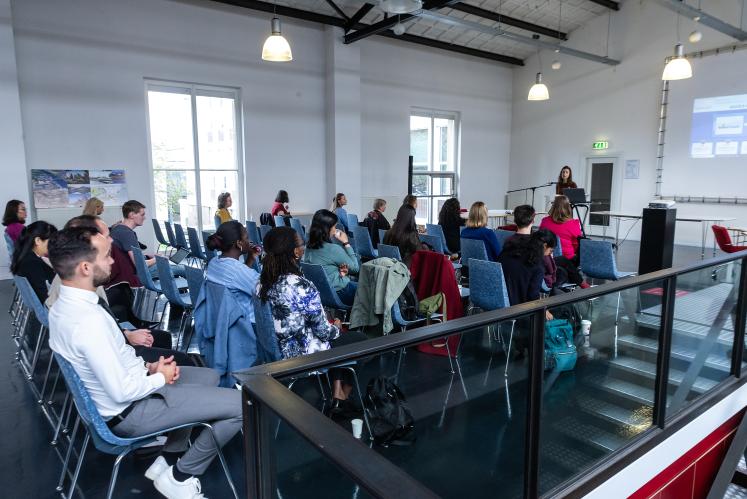MACIMIDE is Maastricht University’s interdisciplinary research center for interfaculty collaboration in the fields of migration, mobility, citizenship, development, and family life. This year’s conference, organised with the support of Studio Europa Maastricht, had a particular focus on Europe and on the societal impact of research. Alongside five thematic panel sessions, the conference organisers were honoured to host Professor and MEP Tineke Strik, who gave a keynote speech on the challenges and opportunities of the EU's new Pact on Migration and Asylum, and Dr. Dieudonnée van de Willige, who gave an interactive lecture on ‘A practical guide to science communication in 2024’.
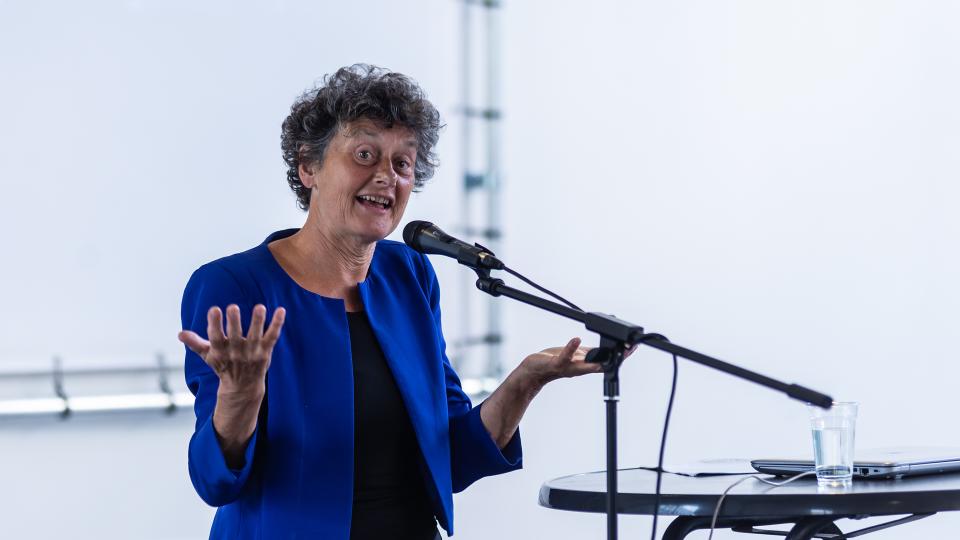
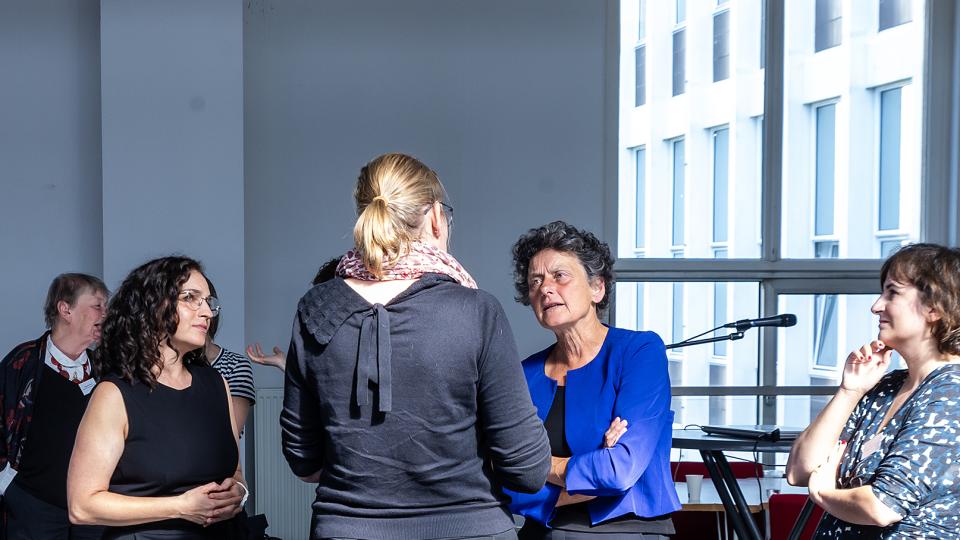
The new EU Pact on Migration and Asylum
In her keynote speech “Unpacking the Pact: Internal and External Dimensions”, Prof. Tineke Strik, Member of the European Parliament for GroenLinks, Professor of Citizenship and Migration Law at Radboud University, and chair of the complaints committee of the Refugee Council East Netherlands, offered an appraisal of the new Pact’s capacity to breathe new life into the EU’s common asylum system. She emphasised the shortcomings and challenges of the new framework in the context of growing Euro-sceptisim and a far-right push for increasingly restrictive migration policies across several member states. However, concluding her speech with an encouraging note, Prof. Strik discussed the Pact’s potential to deliver on its promise of a fairer migration policy, should the EU manage to stimulate consistent compliance with the new rules, while simultaneously rebuilding solidarity and trust in the EU’s institutions as well as among member states. For further discussion, read more in Studio Europa Maastricht’s same-day interview with Prof. Strik.
Science communication in 2024
In this interactive lecture, Dr. Dieudonnée van der Willige, Deputy Director of UM's Faculty of Science and Engineering and Board member (general secretary) of SciCom NL, shared theoretical and practical insights to help the MACIMIDE research community engage policy and public audiences in their research processes and achieve meaningful impact. Dr. van der Willige encouraged participants to shift their focus from trying to disseminate research findings in a uni-directional, hierarchical approach towards greater dialogue, and co-creation with, broader audiences, who have their own expertise and contributions to sense-making and policy development. For more information on Maastricht University’s work in advancing science communications, see the Faculty of Science and Engineering’s SciComm incubator.
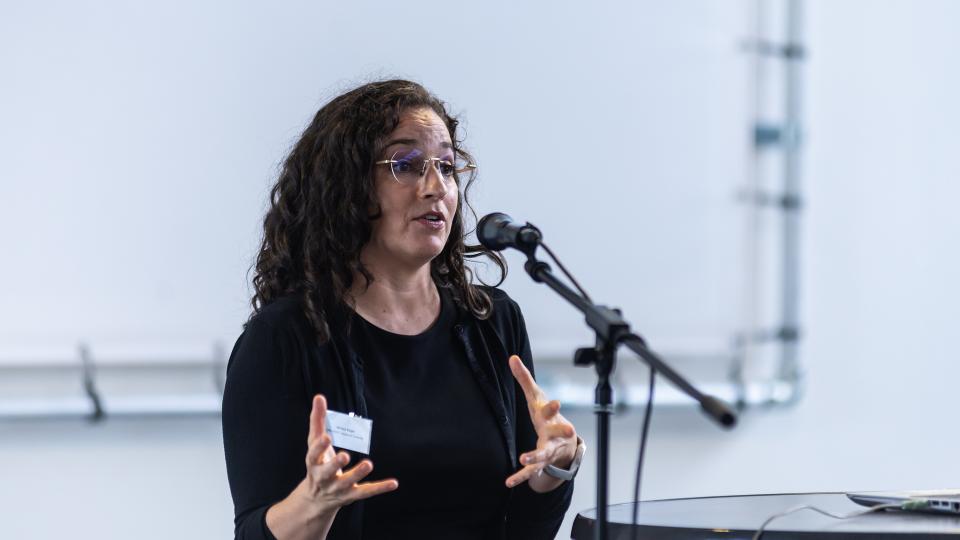
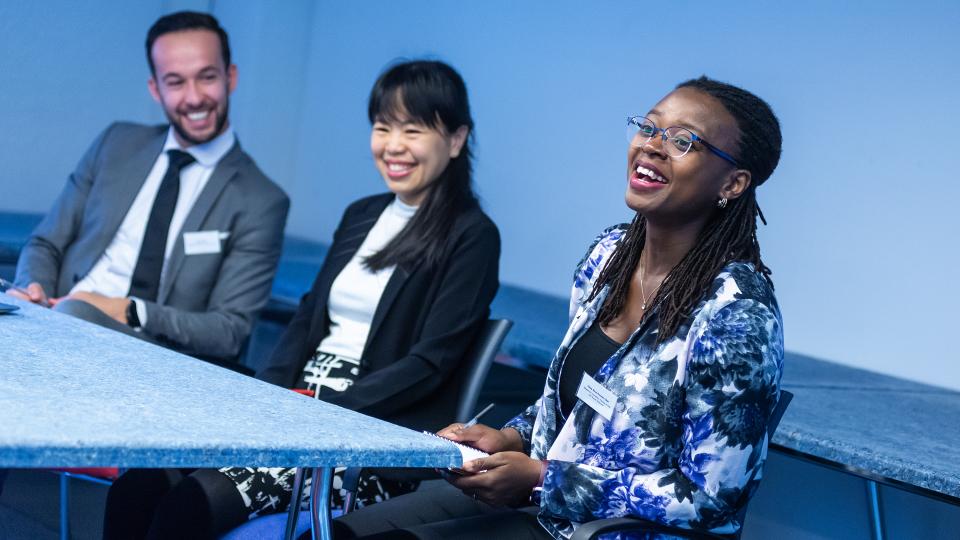
Research Themes
Researchers from across Maastricht University and other universities worldwide presented and discussed their research in five thematic panels:
1. Migration Attitudes, Experiences and Decision-making
The presentations in this session explored various factors shaping migration decisions, and how these interact with migration policies. The studies explored migration decision-making among people at different stages of life, across different migration corridors, and with different legal statuses, both regular and irregular. Attention was also paid to the public discourse and narratives surrounding people’s decisions to migrate, and how migration attitudes in receiving countries are shaped by the media.
2. Multi-scalar Migrant Integration
This session addressed diverse aspects of migrant integration, at different levels (within the family, the workplace, and across multi-level governance frameworks) and in different geographic contexts. The papers highlighted, in particular, the capacity of migrants to foster innovation in private companies, the influence of transnationalism on parenting practices in destination countries, and the diverse policy frameworks which govern integration across neighbouring EU member states.
3. Law and Governance across European Borders
This panel explored the intersection of labor mobility, migration policies, and the legal frameworks governing cross-border work in Europe. Through analyses of case studies, policy approaches and best practices, researchers discussed the complexities of navigating work and residence permits, and highlighted the lack of EU frameworks for cross-border workers.
4. Migration Development and Sustainability
This session explored the complex relationships between migration, climate change, and development. The presentations underscored how the interactions between migration and climate change play a significant role in both exacerbating and addressing developmental challenges. While there is a risk of reinforcing existing disparities, the panellists also pointed to new strategies to alleviate inequalities, with a particular focus on diaspora engagement to foster sustainable development in developing countries and rural areas.
5. Migration and Education
The studies presented in this final session offered cross-cutting insights into both the challenges and opportunities related to integrating migrant and refugee students into educational systems in destination countries. Spanning different geographical contexts and migration corridors, the researchers called for political action to overcome systemic barriers, such as language difficulties and discrimination, by promoting greater educational inclusivity, drawing on alternative education models, and embracing the beneficial social impacts of international peer exposure.
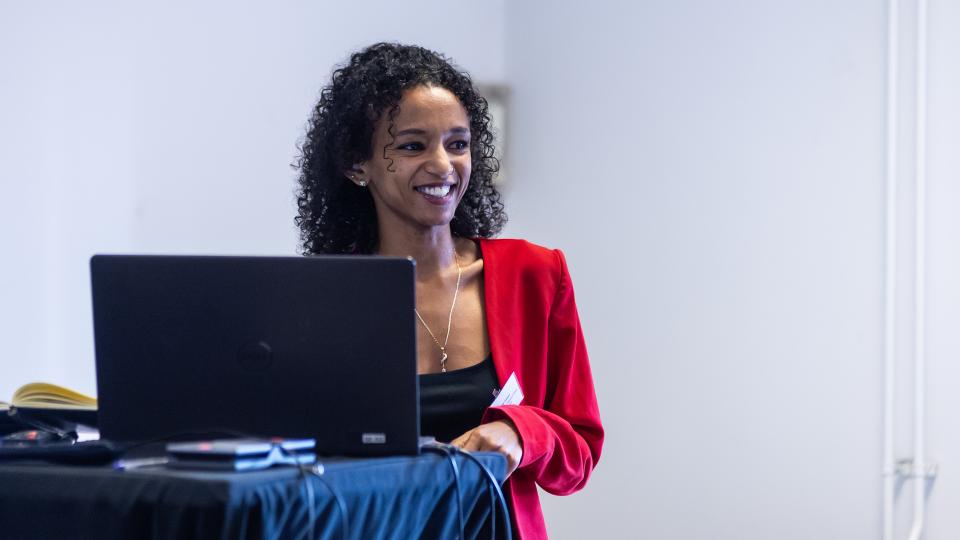
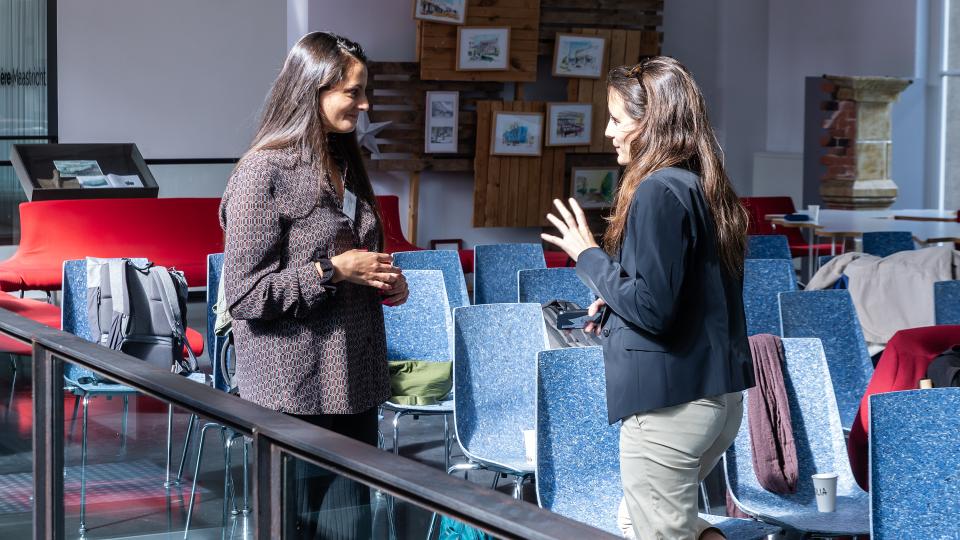
Full details on the conference programme, including speakers and abstracts, can be found here. The organising committee, and wider MACIMIDE community, are grateful to Studio Europa Maastricht for their support of the conference, and to the researchers who travelled from across Europe and the globe to participate in the rich and lively conversations with which the MACIMIDE conference kicked off the new academic year. For UNU-MERIT, it was a particular pleasure to welcome back former MPP student, Matilde Perotti, who graduated from the UNU-MERIT Master of Public Policy and Human Development in 2022, and who is now pursuing her doctoral research at Università Bocconi. Returning to share her research on ‘Forming Intentions to Leave the Parental Nest: A Cross-National Comparative Study of Migrant Youths in Europe’, Matilde commented:
I was truly delighted to return to UNU-MERIT in Maastricht, a place that holds many special memories for me. It was wonderful to reconnect with former professors and colleagues, whose guidance shaped my academic journey. Being back gave me the chance to reflect on how far my research has progressed since I left, and it was deeply rewarding to share these developments with the community that initially fostered my passion for this work.
To participate in future MACIMIDE events, and keep up to date with related publications and opportunities, subscribe to the MACIMIDE newsletter here.

